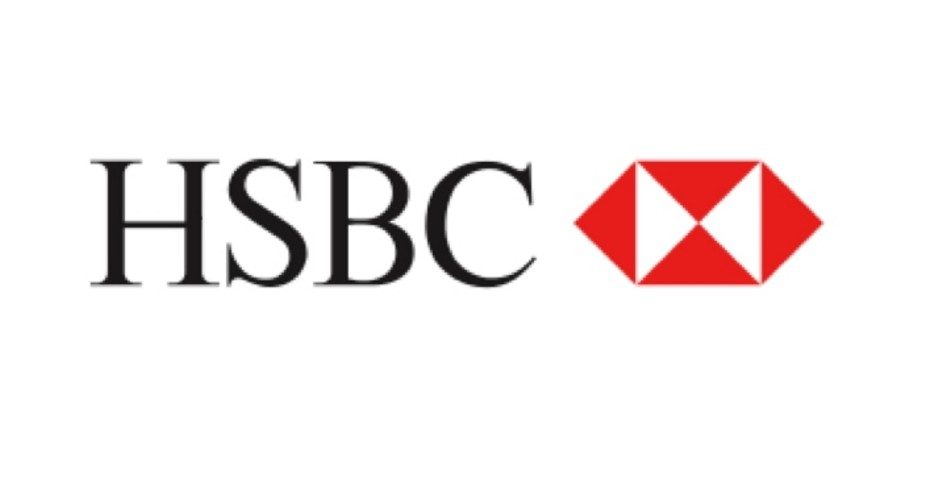
Officially, London’s Hongkong and Shanghai Banking Corporation (HSBC), the world’s third-largest banking firm, is cutting costs to improve profits. The intended moves are for the benefit of the shareholders, asserted Stuart Gulliver, the bank’s chief executive on Tuesday: “We recognize that the world has changed and we need to change with it. I am confident that our actions will allow us to capture expected future growth opportunities and deliver further value to our shareholders.”
Unofficially, HSBC is going to ply its underground wares and provide its vast money-laundering services where its customers are mostly likely to reside in the years ahead: Asia. It’s expected to announce its move from Canary Wharf to Hong Kong by the end of the year.
In order to be competitive in that business, HSBC has determined that it doesn’t need 250,000 employees in 80 countries working out of 5,800 branches. It doesn’t need offices in Turkey and Brazil. And any part of the behemoth’s business that isn’t hugely profitable is going to be jettisoned. The result: The bank will be a lot smaller in a few years, but it will be a lot more profitable. And it will be able to keep more of those profits away from the tax man and government enforcers inflicting huge financial penalties for its illegal activities.
Over the next few years an estimated 50,000 HSBC employees will no longer work for the bank; dozens of its marginal businesses will have been sold; it will have closed 700 or more of its branches, its balance sheet will have shed almost $450 billion of its more risky assets; and it will operate free from London’s oppressive bank levy currently costing HSBC more than $1 billion a year. It will expand its footprint back toward Asia, where the bank began in 1865. It will have a strong presence in China’s Pearl River Delta, likely to be the major economic hub in Asia for decades to come.
It’s going where the money is, and where its peculiar set of services will most likely be needed.
The bank no doubt hopes that operating in a more streamlined fashion and also a more forgiving regulatory climate will allow it to save $5 billion a year in operating expenses, while expanding its operating revenues — at least those that it’s willing to disclose.
Matt Taibbi knows all about HSBC’s “peculiar” set of services, having written a lengthy and devastating article about them in Rolling Stone magazine in February 2014 entitled “Gangster Bankers: Too Big to Jail.” After years of investigating those illegal money-laundering services offered to terrorist groups and others seeking to evade taxes, the Justice Department decided to give the bank a mere slap on the wrist. Taibbi complained that HSBC was just simply too big for even the Justice Department to rein in:
The U.S. Justice Department granted a total walk to executives of the British-based bank HSBC for the largest drug-and-terrorism money-laundering case ever.
Yes, they issued a fine — $1.9 billion, or about five weeks’ profit — but they didn’t extract so much as one dollar or one day in jail from any individual [bank employee or officer], despite a decade of stupefying abuses.
The Justice Department explained away its wrist-slap of the international banking behemoth:
Had the U.S. authorities decided to press criminal charges, HSBC would almost certainly have lost its banking license in the United States, the future of the institution would have been under threat, and the entire banking system would have been destabilized.
Some crimes, though heinous, aren’t serious enough to risk “destabilizing” the entire banking system, under Justice Department rules, according to Taibbi. If a government borrows enough money from a bank, apparently the bank owns the government. Added Taibbi:
For at least half a decade, the storied British colonial banking power helped to wash hundreds of millions of dollars for drug mobs, including Mexico’s Sinaloa drug cartel, suspected in tens of thousands of murders just in the past 10 years — people so totally evil, jokes former New York Attorney General Eliot Spitzer, that “they make the guys on Wall Street look good.”
The bank also moved money for organizations linked to Al Qaeda and Hezbollah, and for Russian gangsters; helped countries like Iran, the Sudan and North Korea evade sanctions; and, in between helping murderers and terrorists and rogue states, aided countless common tax cheats in hiding their cash.
These are the sort of “specialty services” (HSBC’s term) that will likely be needed as Asia’s financial clout increases. That term serves as a euphemism, according to former Senate Investigator Jack Blum, for money-laundering services that come with substantial fees: “You can charge ’em whatever you want. The margin on laundered money for years has been roughly 20 percent.”
As just one example, Taibbi exposed the $19 billion in transactions that went through HSBC (and other international banks in on the operation) to Iran in just five years, with the Iranian connection “hidden in 75 to 90 percent of those transactions.” Twenty percent of $19 billion is $3.8 billion, or about 10 percent of HSBC’s annual revenues.
The move, treated by the mainstream media as simply a response to competitive pressures (Barclays, RBS, UBS, and Deutsche Bank are also downsizing, perhaps for different reasons), will allow HSBC to concentrate on its core business: providing “specialty services” to its most-favored clients to get the funding they need for their activities — clients such as Iran, Sudan, North Korea, Saudi Arabia, Syria, al-Qaeda, and various Islamist terrorist groups.
A graduate of an Ivy League school and a former investment advisor, Bob is a regular contributor to The New American magazine and blogs frequently at www.LightFromTheRight.com, primarily on economics and politics.



